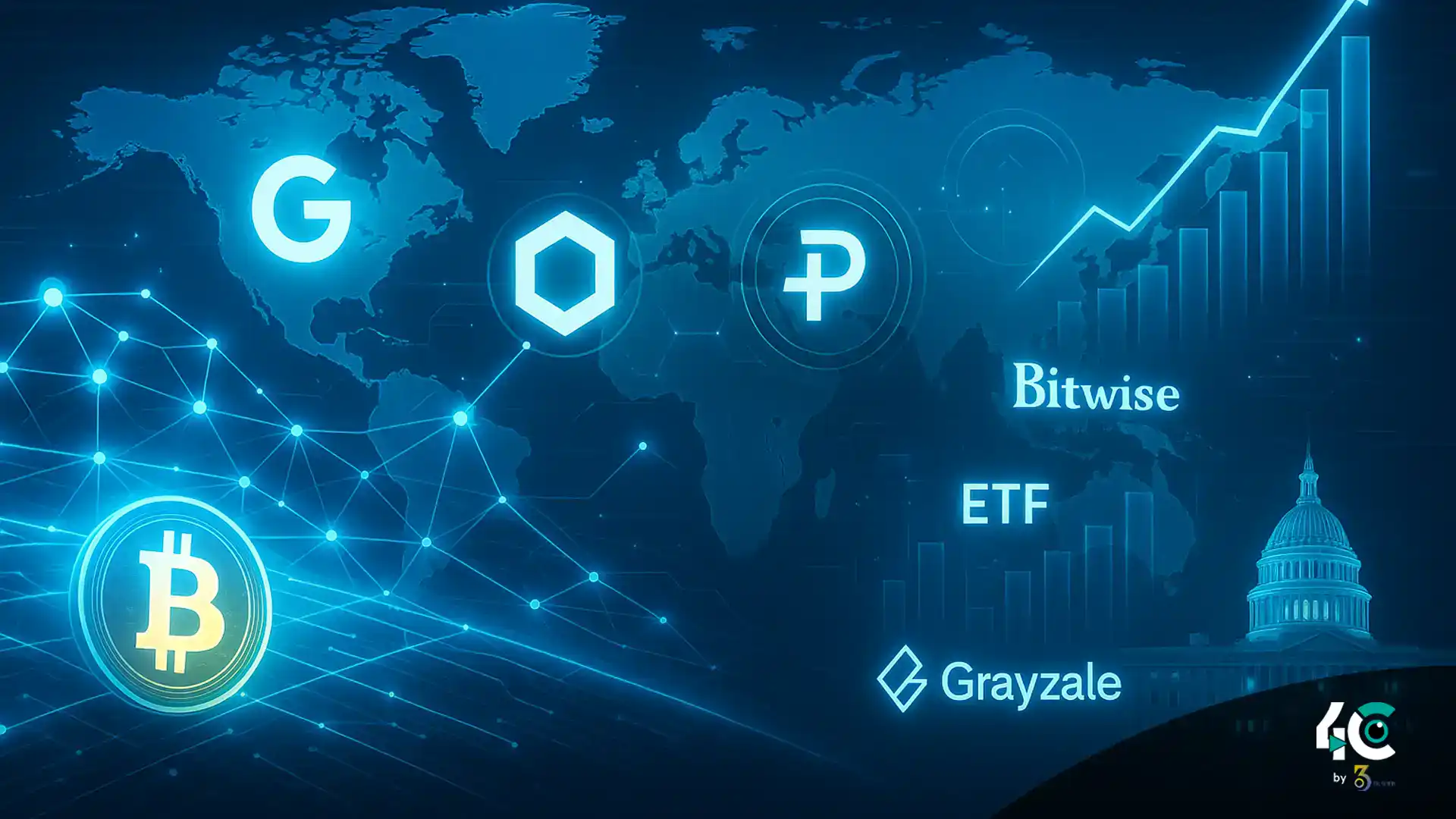Google Provides the Universal Ledger for Institutional Finance
The application that Google Cloud announced is Universal Ledger which is a purposely-built layer-1 neutral scalable blockchain ecosystem. It has the capability to support Python-based smart contracts and open doors for finance businesses. GCUL is designed to be free from vendor lock-in, allowing banks and institutions to create workflows in a tokenized manner without bias.
Tether and Adyen might not be using Circle and Stripe‘s blockchain. Rich Widmann, Google’s Cloud Web3 Head, said, “But any financial institution can build with GCUL.”
The CME Group already has a pilot project testing its on-chain collateral, margin, and settlement system. GCUL is different than other platforms through which commercial bank money itself can exist on-chain. It promises the ability for real-time efficient payments. In addition, it has the potential to alter cross-border payments before its 2026 public launch.
Chainlink and Avalanche are in demand this month as 10 Bitcoin ETFs are scheduled for approval by the SEC.
The ETF Revolution in Crypto: Chainlink & Avalanche in Spotlight
The ETF revolution in crypto is accelerating. Bitwise Asset Management became the first to file a spot Chainlink (LINK) ETF which will give investors regulated access to the asset. The assets will be secured in Coinbase Custody, ensuring liquidity and institution-grade control through share-token swaps. LINK’s price shot up 4-5% after the filing, creating buzz in the market.
In the meantime, Grayscale Investments has submitted an application for a spot Avalanche (AVAX) ETF, to connect DeFi platforms with traditional finance. Although AVAX has fallen by 35% this year, optimism remains high. This optimism is fueled by some recent partnerships. For instance, the $300 million tokenization project by SkyBridge Capital. Furthermore, the adoption of the Frontier Stable Token by Wyoming also adds to the optimism. Altcoin ETFs are gaining traction in the mainstream market.
Read Full Article : Chainlink Avalanche
U.S. Government Information Released into the Blockchain with Chainlink
In a historic collaboration, U.S. government officials are now using Chainlink and Pyth oracles to report on-chain the nation’s economic data, including GDP, PCE price index, etc.
The Trump-style administration initiative is aimed at making the U.S. a global crypto hub to deploy automated trading strategies, real-time prediction markets, and risk management of DeFi protocols. The market reacted immediately to the news that Pyth had gone live on Solana with its decentralized oracle. PYTH elevated by nearly 70% while LINK recorded some modest gains. This goes on to show how macro data can have mixed effects on tokenized finance.
Governments bring public expenditure and economic data on-chain, enabling stablecoins, tokenized government bonds, and all other real-world digital activities with the right tools.
The Bottom Line
This week is a reminder that crypto is no longer just a niche.
To institutions, Google is providing a planet-scale blockchain infrastructure.
Chainlink and Avalanche share ETF approvals that may mainstream DeFi in traditional finance.
U.S. government economic data on-chain adds to next-gen digital markets architecture.
From Wall Street to Washington, the adoption of blockchain technology is accelerating, and clever investors who anticipate these trends will benefit greatly.


































